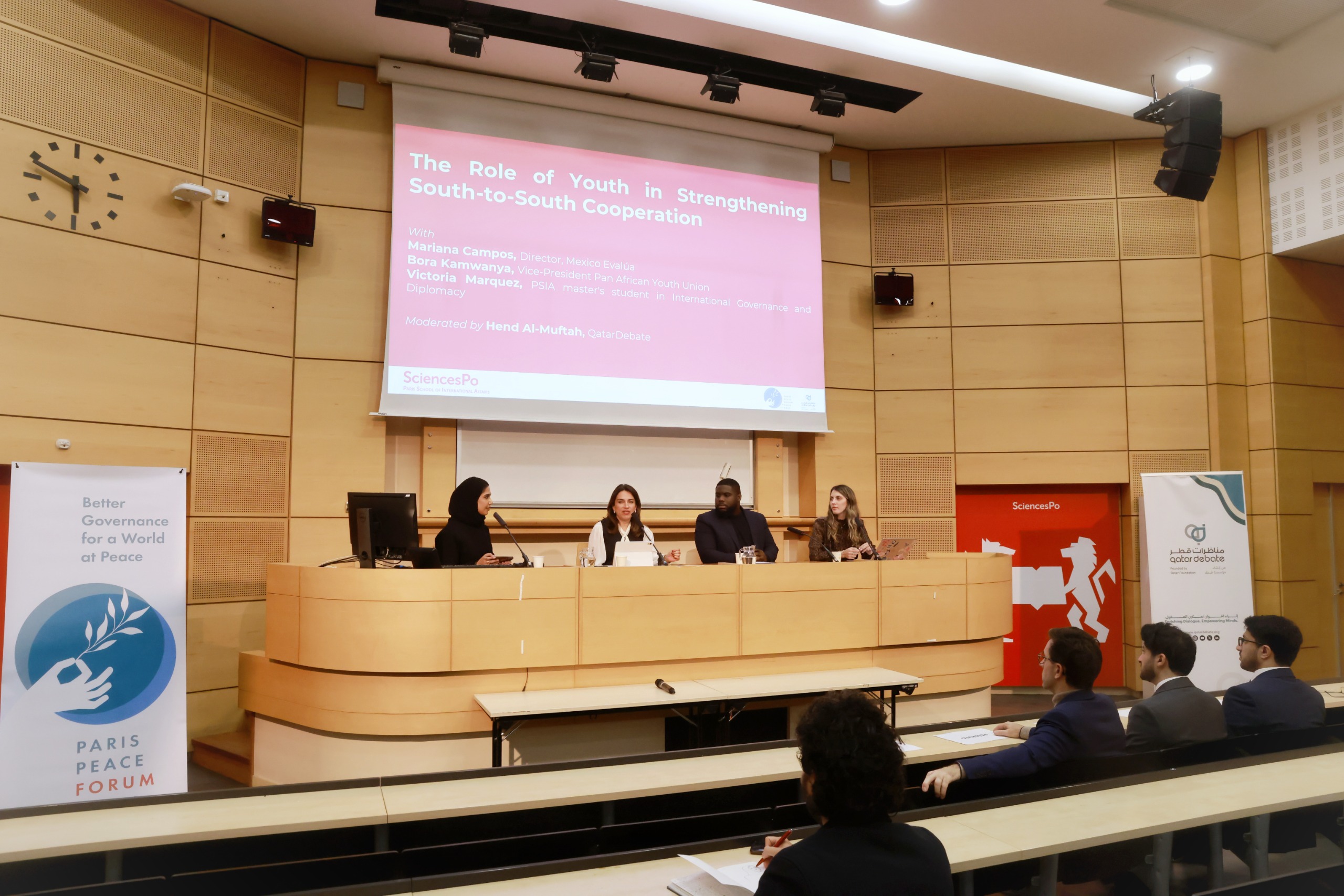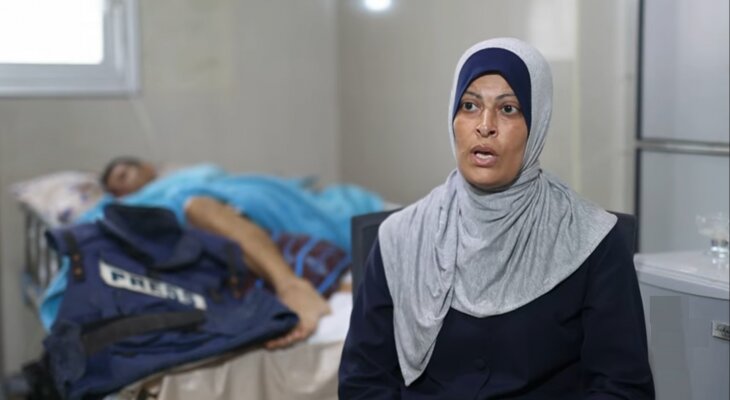Qatar’s adoption of the region’s first ever document entailing the blueprint for a smoother inclusion of people with disabilities was described as a source of pride for Arabs.
The first nursery for children with disabilities in Qatar was opened by the country’s Ministry of Education and Higher Education on Tuesday, state-run Qatar News Agency reported.
The state-run nursery was officially inaugurated by Assistant Undersecretary for Private Education Affairs at the Ministry of Education and Higher Education, Omar Al Naama, according to Qatar News Agency.
Located in Abu Hamour area, the new nursery’s mission vows to be a leader in delivering early intervention and comprehensive services to help children with disabilities develop psychologically, socially, physically, and academically.
It provides two programmes for care and education in both Arabic and English, with a focus on promoting Islamic values, Qatari culture, and principles of the Arabic language.
It also has additional features, programmes, and activities that make it a model for nurseries that specialise in caring for kids with disabilities.
Qatar’s inclusivity efforts
Qatar adopted the region’s first ever document of “Arab Classification for Persons with Disabilities” in late June.
The paper, due to be submitted to the upcoming Arab ministerial conference in December before receiving final approval, is designed to empower individuals with disabilities around the region.
The paper outlines a uniform classification of disabilities with integrated criteria, including medical standards, which is designed to allow individuals in the Arab countries under this category to enjoy more inclusion programmes and policies.
As a result, more legal services, facilities, and funding will be at hand for people with disabilities, allowing for a smoother transition into the community.
Qatar’s Minister of Social Development and Family Mariam bint Ali bin Nasser Al Misnad, who led the meeting in Doha, said the Arab world leads international efforts in areas of disability care and is the first region to embrace the classification.
The recently-appointed minister also highlighted Qatar’s continuous efforts in utilising all available resources to provide local and global support for people with disabilities.
Meanwhile, the vice chairman of the Voluntary Committee for Employing the Disabled, Ahmed Al Mohannadi, told Qatar TV’s Hayatna programme February that the Gulf state has made remarkable progress in leading a more progressive and inclusive society.
This come as the employment rate for people with disabilities in Qatar’s government and private institutions reaching 80%.
Separately, daily working hours for people with special needs have been reduced by one hour, the Civil Service and Government Development Bureau (CSGDB) announced in July.
The slash in time for people with special needs allows the individuals to arrive 30 minutes after the allotted official working hour begins and leave 30 minutes before the end of the start of shift, as per a new law.







